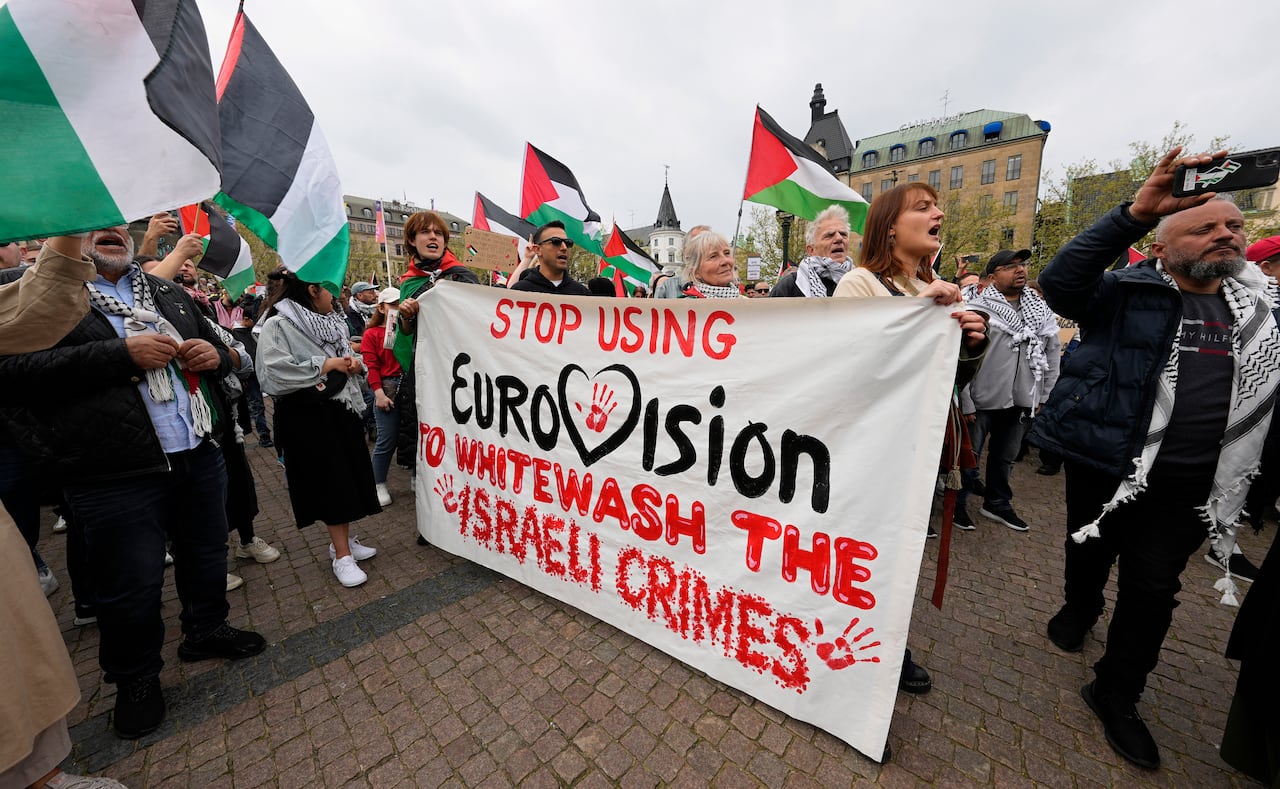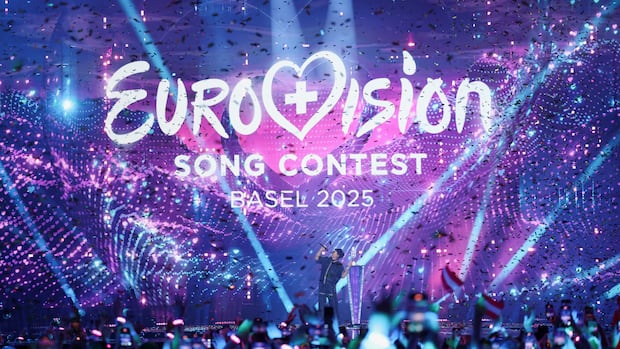Organizers of the Eurovision Song Contest announced on Friday that a vote will be held in November among member broadcasters to decide if Israel will be allowed to participate in the event next year. The call for Israel’s exclusion from the competition has grown amid the conflict in Gaza.
A letter from the European Broadcasting Union board, which oversees the event and includes public broadcasters, was sent to members indicating that the vote will occur during an online meeting in early November, according to spokesperson Dave Goodman.
The vote will determine whether Kan, the Israeli public broadcaster and an EBU member, will be involved in the competition, as explained by Goodman in an email. An “absolute majority” will be necessary for any decision to exclude Israel from participating.
Several countries, including Ireland, the Netherlands, Slovenia, and Spain, have threatened to boycott the Eurovision Song Contest if Israel is not excluded due to the situation in Gaza. On the contrary, Germany and Austria have supported Israel’s participation, while other broadcasters like the BBC are yet to make a final decision.

In a statement on X, Kan expressed hope that the Eurovision contest will maintain its focus on cultural and non-political aspects.
Regional, political rivalries
Eurovision is a prestigious competition where artists from European countries and beyond compete under their national flags aiming to win the title of continental champion — akin to a music Olympics. However, the event is also a platform where political tensions and regional conflicts often come to the forefront.
Previous instances include a request for Israel to change the name and lyrics of its entry in 2024, initially named October Rain, which was later altered to Hurricane</em following controversy surrounding references to a specific event related to the Gaza conflict. Protests from both pro-Palestinian and pro-Israeli groups have been witnessed at recent Eurovision events.
Dean Vuletic, an expert on Eurovision history, highlighted past exclusions such as that of the former Yugoslavia in the 1990s due to the Balkan wars and more recently Belarus in 2021 and Russia in 2022 for various reasons. Russia has since launched its own international song competition named Intervision, following its Eurovision exclusion.

Austria’s Foreign Minister Beate



